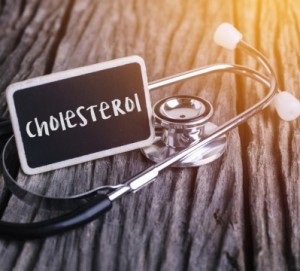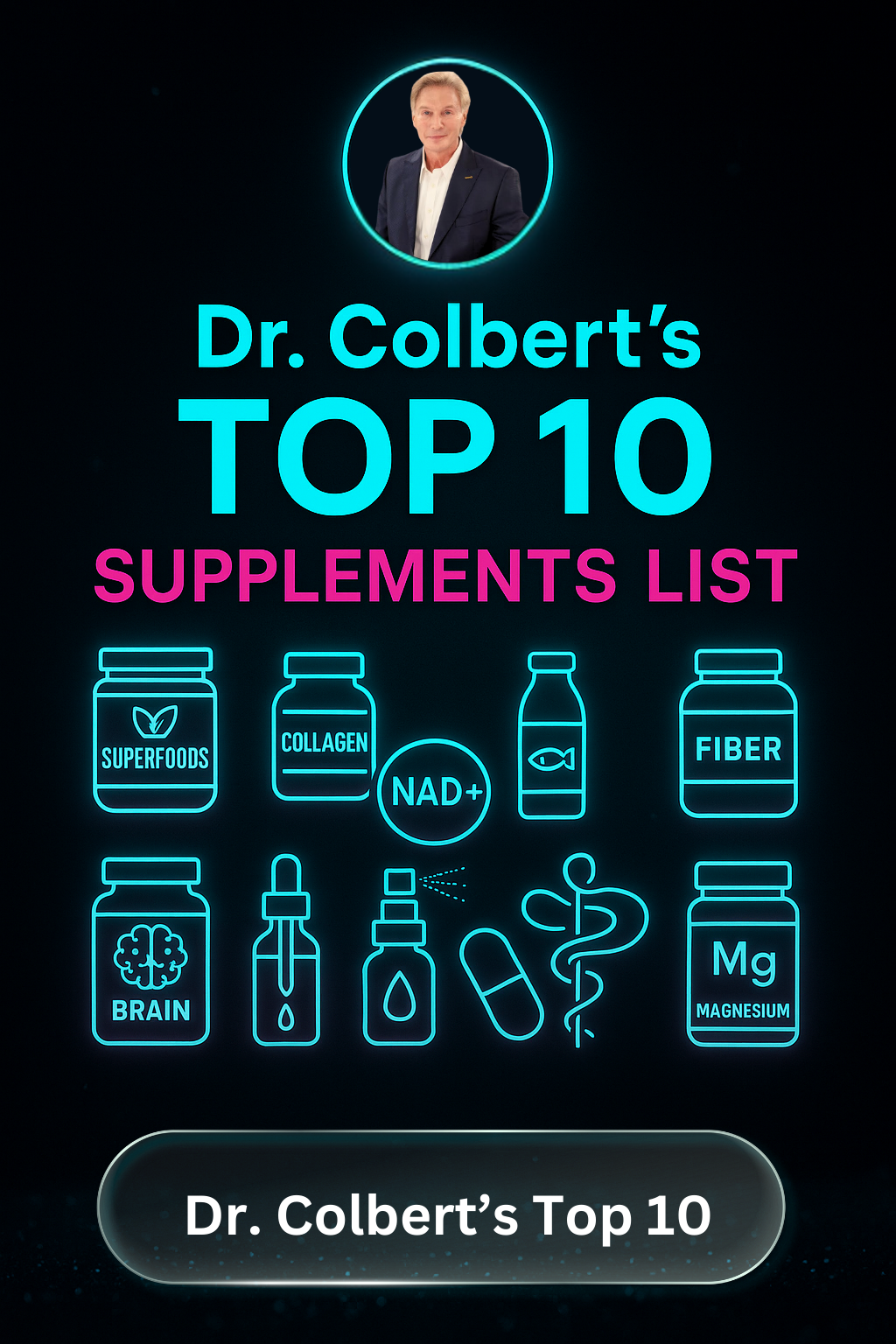Are your hormones in balance?
Or, are you experiencing changes in your body that have you off-kilter?
Drops in energy, unexplained anxiety or feelings of overwhelm, changes in hair, nails, and skin, weight changes – these can all be signs of changing hormones.
Luckily, there are easy strategies you can use to encourage balance your hormones at any age.
Healthy Hormone Zone: 7 Ways to Balance Your Hormones
Diet
1. Eat a Keto Zone Diet
Eating a variety of healthy fats can help you balance your hormones and improve health, especially when you eat them in place of unhealthy carbs.
The Keto Diet will do just that. With Keto Zone, you’ll:
- Eat healthy, hormone-balancing fats like MCT oil, omega-3s, monounsaturated fats, and saturated fats.
- Eliminate most all refined grains and sugars. They are linked to most chronic diseases, increasing insulin, oxidative stress, and inflammation in our bodies.
- Eat adequate proteins for balanced hormones, muscle mass, and healthy tissues.
Research shows that omega-3 fats help protect against neuronal loss and inflammatory responses – both of which negatively affect hormones (1).
Sugar and refined grains promote insulin resistance, leptin-ghrelin imbalances, and cortisol spikes (2, 3).
Supplements:
2. Take Care of Your Vitamin D Levels
Vitamin D3, which is actually a prohormone itself, directly influences many health functions including mental health, immune function, weight and metabolism, and healthy bones and teeth.
It also helps regulate other hormones, including adrenaline, noradrenaline, dopamine production in the brain, and serotonin. These hormones contribute to our emotional responses (4).
Most adults are Vitamin-D deficient. Adding a good Vitamin D3 supplement can help you balance your hormones.
3. Don’t Forget Vitamin K2
Vitamin K2, or menaquinone, is another vitamin often deficient in adults.
Vitamin K2 improves bone health specifically in post-menopausal women.
In fact, supplementing both K2 and D3 can promote balanced hormones that affect bones, and reduce spinal fractures, hip fractures, and osteoporosis while improving dental health (5).
4. Become Familiar with DIM
Diindolylmethane (DIM) is a compound produced by our bodies when we eat green vegetables.
It’s important for balanced hormones because it alters the metabolism of estrogen.
Estrogen can become unbalanced with progesterone and testosterone. DIM blocks an enzyme that converts testosterone to estrogen and converts “bad estrogens,” into good estrogen metabolites (bad estrogens cause most pre-menstrual and menopause symptoms). They are also linked to breast cancer.
Good estrogens, on the other hand, promote lean muscle mass, beneficial collagen, strong bones, and heart health (6).
DIM promotes balanced estrogen.
5. Better Gut Health Means Better Hormone Health
Taking care of your gut and the healthy bacteria that live there is a great way to balance your hormones and improve whole-body health. To take care of your gut, try:
- Eating high-fiber whole-foods like chia seeds that keep your gut moving and strong.
- Including probiotics in your diet and supplements. They promote gut healing, good digestion, reduced inflammation, improved immune function, and balanced hormones (7).
- Increasing collagen in your diet. Collagen provides the amino acids that make up our connective tissues and gut lining, in a form that easily used by the body.
Fortunately, you can get the supplement benefits you need in one easy place. Click here to get Keto Zone Hormone Zone today – it includes vitamin K2, DIM, and Vitamin D.
Lifestyle:
6. Sleep is Not Wasted Time
Sleep is an incredibly important way to balance hormones.
Why?
Lack of sleep can lead to high cortisol levels. High cortisol levels are associated with negative changes in hormones including insulin, growth hormone, prolactin, ghrelin, and more (8).
In day to day life, this means more stress emotions, poorer health with more insulin resistance, more hunger and cravings, and more body fat gain.
Aim for 7-8 hours of good quality sleep to balance your hormones.
7. Slow Down, Pray and Thank God to Calm Down the Cortisol
Think of your daily schedule.
It is crammed and rushed?
Is there time for fun, laughter, gratitude, and prayer? These activities support mental and balanced hormones.
If you don’t currently include them, here are 3 steps to do so even in the midst of a busy schedule:
- Minimize your activities. Write down all the things you do in each day, during the 24-hours, for a full week. Is there anything that you don’t particularly enjoy that you can omit (extra “obligations,” extra time shopping, screen time, etc.)? Try to pare down and say “no” to activities that make you too busy.
- Intentionally schedule in fun and laughter. Aim for a slower pace that allows more time with friends, family, and outdoor activities you enjoy.
- Pray and practice gratitude every day. Thank God for your day and pray throughout it or when you wake and go to bed.
These activities have all been shown in research to reduce cortisol and improve health.
Bottom Line
Changing hormones are a part of life. But, there are things you can do to help balance your hormones and improve whole-body health at any age.
Use our recommendations for lifestyle, supplements, and diet above, and try Keto Zone Hormone Zone today!


















Comments are closed.